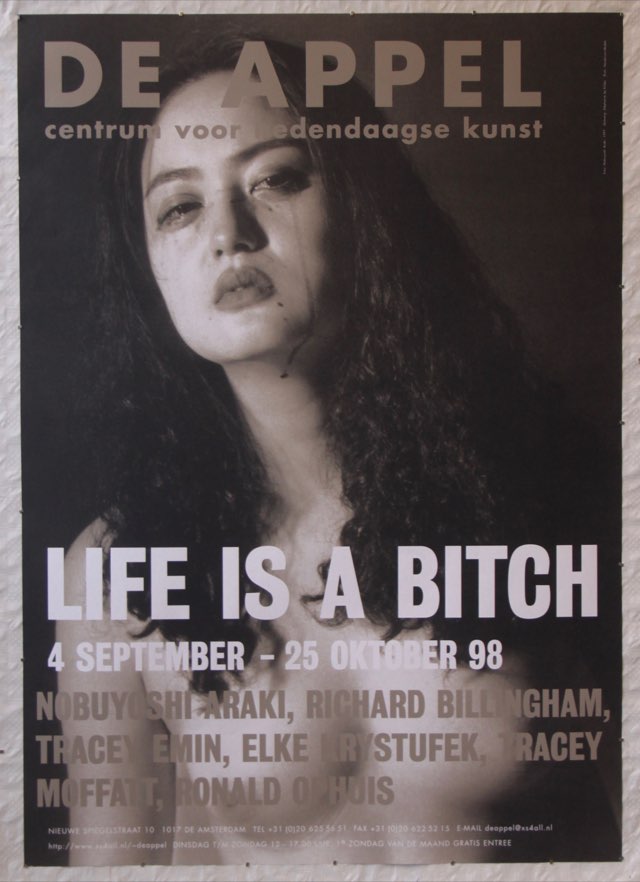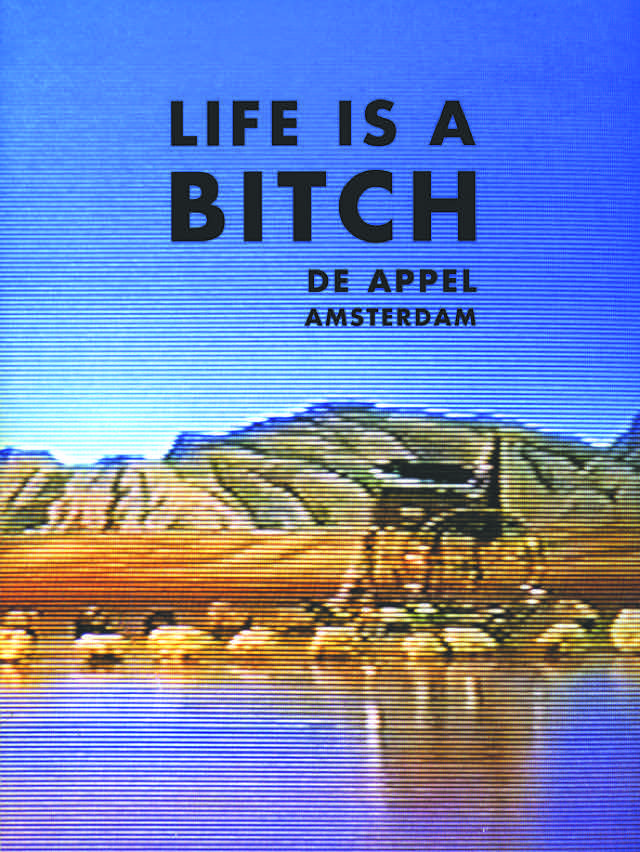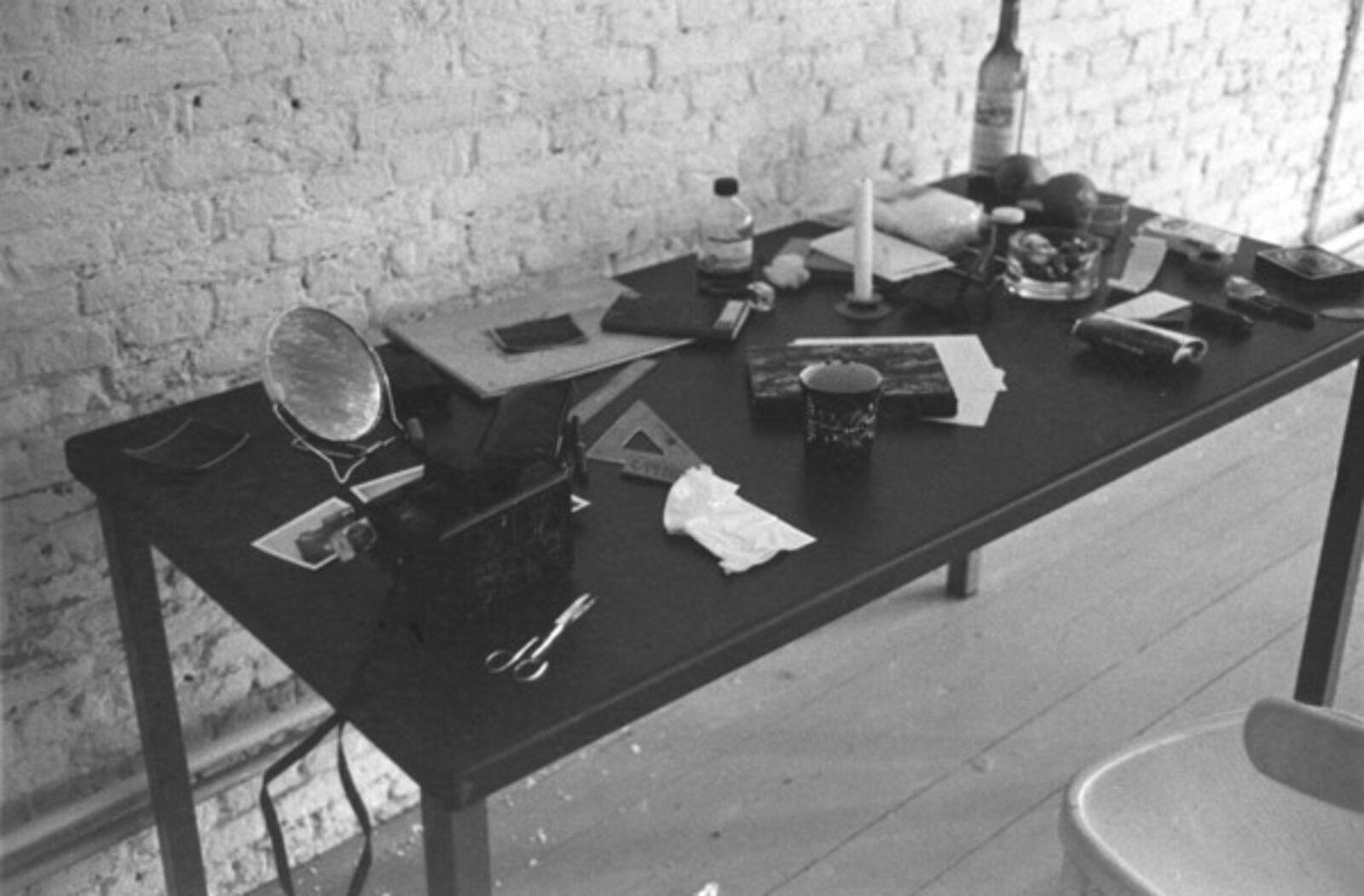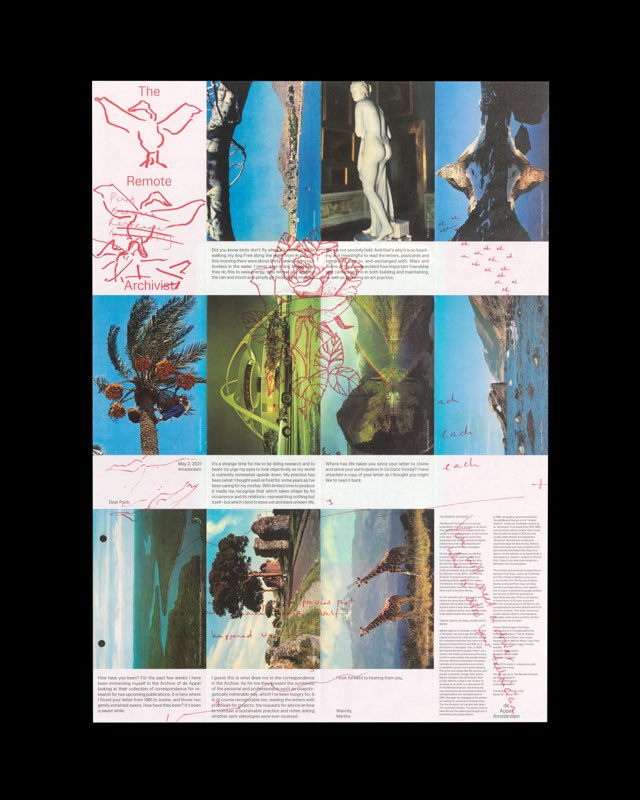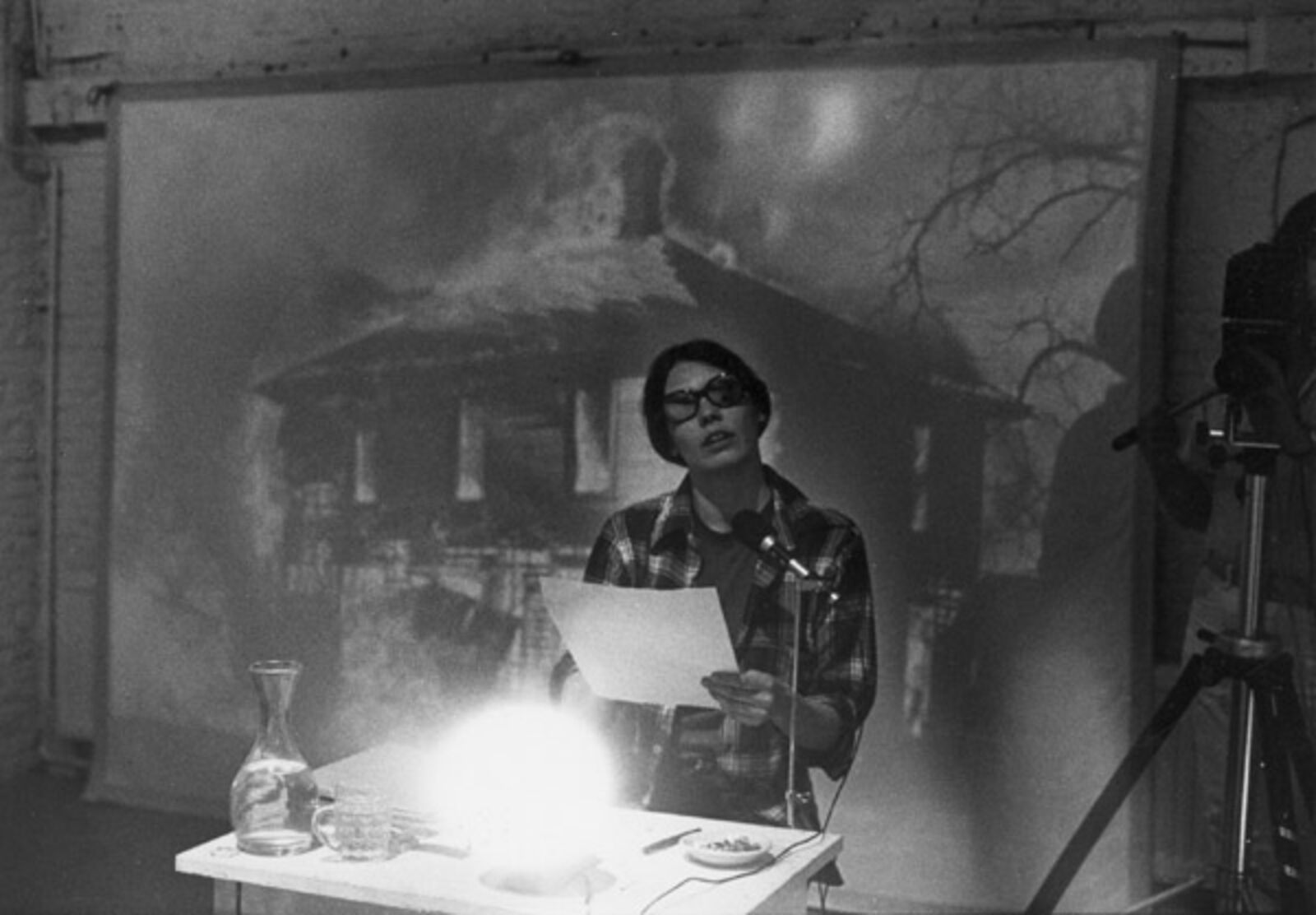Life is a Bitch
de Appel, Nieuwe Spiegelstraat 10, Amsterdam
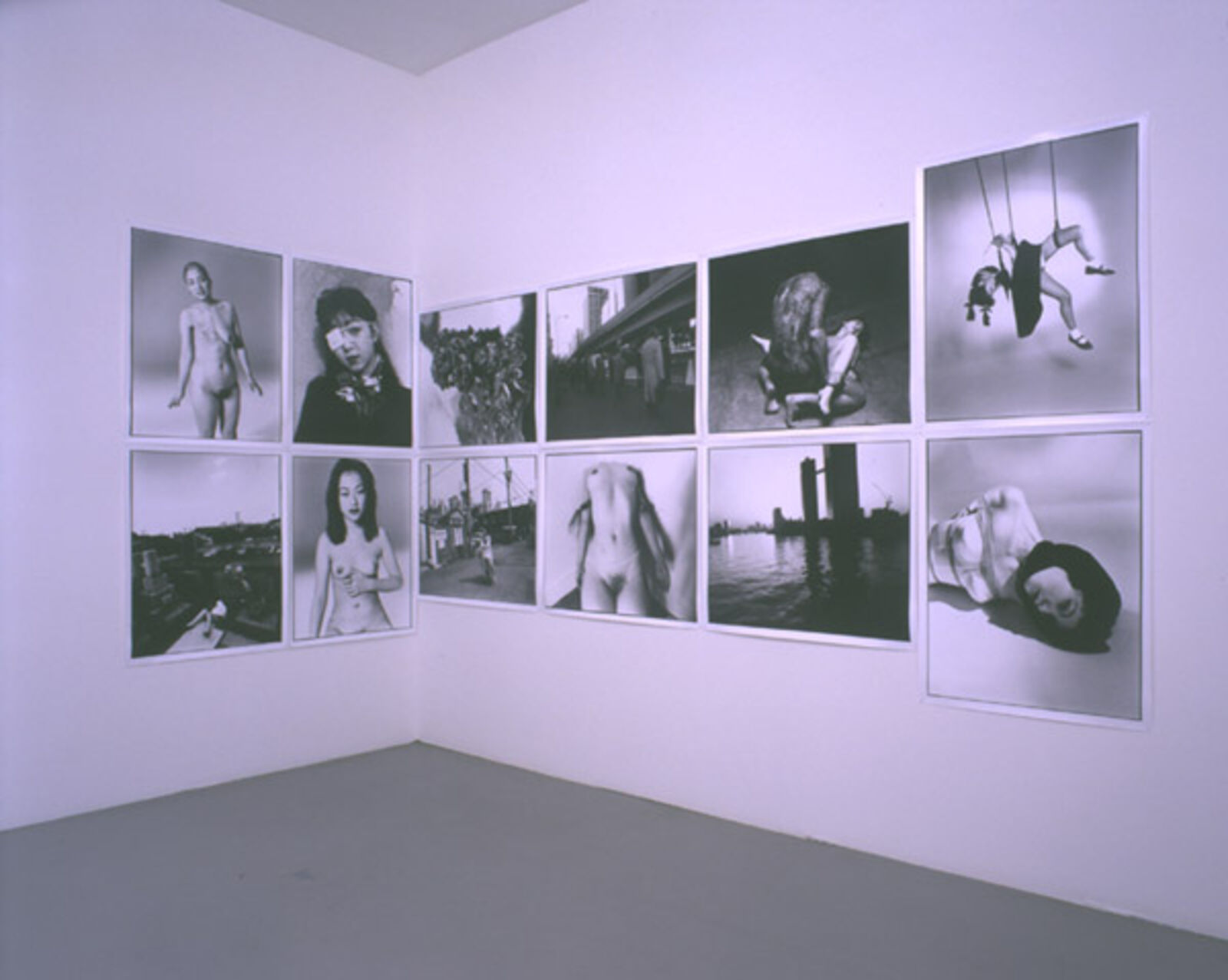
© T & R Henderson, Amsterdam
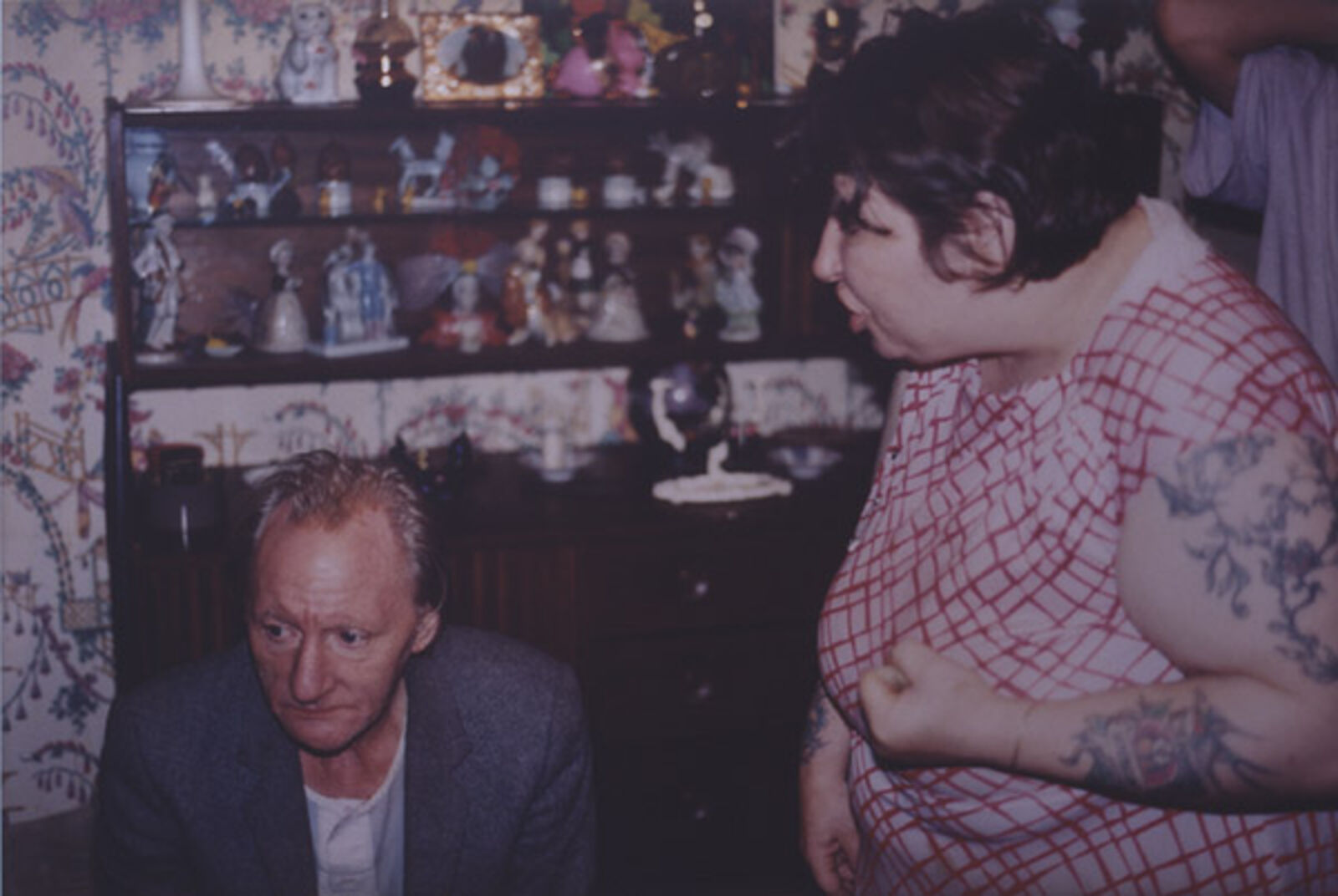
© T & R Henderson, Amsterdam

© T & R Henderson, Amsterdam

© T & R Henderson, Amsterdam
‘Life is a bitch, it's way too short (M. Jagger, 1992) The exhibition 'Life is a bitch' shows how six artists, men and women from very different backgrounds and of different ages, make experiences from their own, intimate circumstances their subject without the least reserve. These experiences seem raw, bitter, cruel, and sometimes perverse. A living room in a chaotic state with a hopelessly drunken man; a miscarriage; a woman's torso with a breast removed; perfect photo models set against depressive, painted self-portraits: their images spring from everyday reality, but sometimes the experiences are dramatised in a more intense form so that the subject can be thoroughly understood and painted or photographed. Is this purely because of sensation? Certainly not in the case of these artists, because their aim is to bear engaged witness to events they have experienced at close quarters. Another question would be if a public institution should show such works at a time when pornography networks are being rolled up and women are opposing the regressive ways in which they are sometimes portrayed. The viewer only becomes a voyeur when the images present clichés and act as peep shows for his frustrated desires. It is precisely when images of good and evil in the media and in public opinion are reduced to black and white clichés that artists can provide a different view of situations by showing amazement, sympathy or love, thus blurring the line between pornography and art photography, between what is called 'reality TV' and painting. Nan Goldin (who recently had a large exhibition at the Stedelijk Museum and in part because of that is not represented here) said of Nobuyoshi Araki, whom she knows well: "His photos are 'coloured by love' and intended as an hommage to women, to beauty and to his own desires." It is noticeable that the female models like to be photographed in humiliating positions. The photo session of bondage, the ultimate metaphor for the way Japanese life is bound by strict rules, seems to have a liberating effect through the voluntary choice to break down taboos. Love of his subject is something Araki has in common with Richard Billingham, who is thirty years younger. Through the distance Billingham tries to keep, photography remains an 'exploitative medium', but because of the attention given to the moment and the detail, and the physical proximity, (he photographs members of his own family in the most intimate and sad moments) the viewer is moved and even feels affection for the people depicted and their surroundings. Asked what she wants to convey in her drawings and videos about sex and abuse, Tracey Emin says: "I want society to hear what I'm saying (...) People do get really lonely, people do get really frightened, people do fall in love, people do die, people do fuck (...) Everything is covered with some kind of politeness, continually, and especially in art because art is often meant for a privileged class." Tracey Moffatt's film stills and videos deal with other class differences - those between aboriginals and their children raised by white parents. And with the position of white and Chinese adolescents in Australia. And while Elke Krystufek puts her own sex life under the microscope and confronts pictures of filmstars with depressing self-portraits, Ronald Ophuis seeks his information in newspapers and from doctors. After a long process of photographing and sketching, he translates his studies of traumatic experiences into paintings. The pain implied by these themes is not softened by the artists; it is faced with respect, with reverence for what is shown, in a search for forms through which to transcend hard reality. In this connection the title chosen by Tracey Emin for a recent exhibition is striking: 'I need art like I need God'.’ (Invitation text De Appel) Catalogue: Life is a bitch, 1998. Nobuyoshi Araki, Richard Billingham, Tracey Emin, Elke Krystufek, Tracey Moffatt, Ronald Ophuis. Interviews by Yukie Kamiya, James Lingwood, Gerald Matt, Stuart Morgan, Vitus H. Weh, Hans Theys. Dutch & English. 52 pp. 16 f.c. 18 x 24 cm. Soft cover. Design: Irma Boom. ISBN 90 73501 40 7. SOLD OUT
